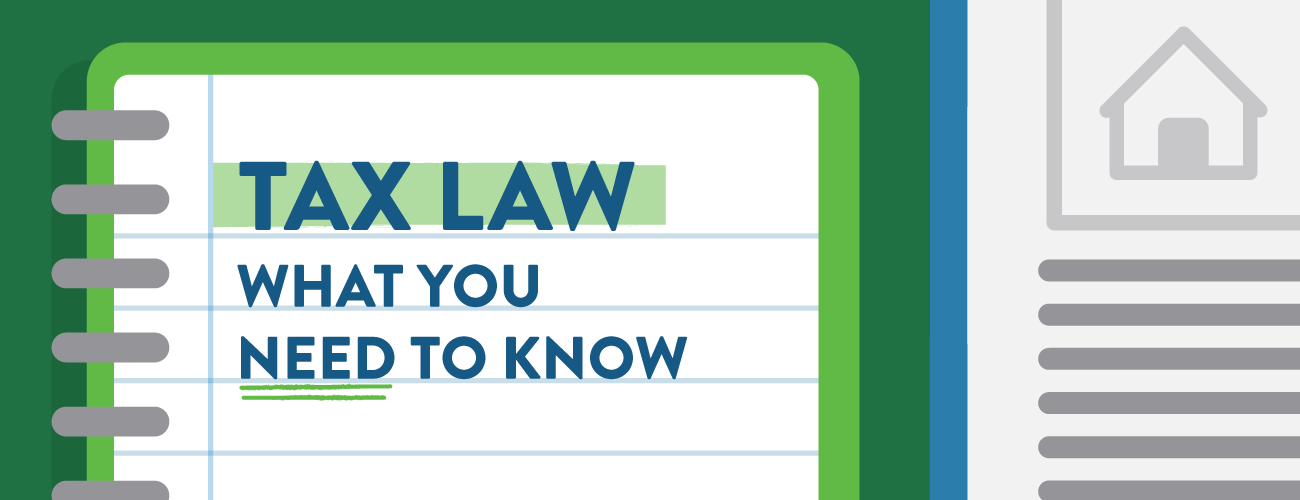

For decades, tax incentives helped promote the dream of homeownership. The path to owning a home typically came with a great deal of tax benefits, incentivizing families and individuals to make the leap from renters to owners. But passage of the Tax Cuts and Jobs Act (TCJA) in late 2017 created a sweeping overhaul of the U.S. tax code and left many homeowners wondering, “How does this affect me?” Scroll down to see how the current tax law affects homeowners.
How the TCJA affects homeowners
Standard Deductions
The standard deduction for both single individuals and married couples was nearly doubled under TCJA. Single homeowners have a $12,000 standard deduction and joint-filing couples’ threshold is $24,000.
SALT Cap
Homeowners can no longer take an unlimited deduction for their state and local taxes (SALT), including property taxes. TCJA caps the SALT deduction at $10,000 for both single and joint-filing couples.
Marriage Disadvantage
Under TCJA, single homeowners generally find it easier to get tax incentives for owning a home than married homeowners. This disadvantage is a byproduct from the changes to the law, especially the increase in the standard deduction for both single and married of homeowners.
How does the tax law affect you?
The tax code is complex. But that doesn’t mean it should be difficult to understand how it affects you or your family. Choose an individual or family example below that most closely matches your situation and find out what to expect when filing taxes in 2021.


The Allens
The Allens are middle-class homeowners who live with their two kids in a single-family home. The Allens may receive an overall lower tax liability, but when it comes to owning their home, there won’t be much of a tax advantage from TCJA.



Nisha Clark
Nisha Clark is a young, single homeowner who purchased her first home a few years ago. She will get some tax benefits from owning a home, but the tax savings between owning and renting a home will likely be cut in half due to the changes from the Tax Cuts and Jobs Act.



Samuel & Margaret
Samuel Bryant and Margaret Jones are unmarried partners but live together in a newly purchased condo. Their situation means they will each file their own tax returns as singles. Their standard deduction limit makes it more beneficial tax-wise for Samuel and Margaret to file as singles and reap more tax benefits from their homeownership.



The Peters
The Peters are baby boomers who have owned their family home since 1996. Since they are close to paying off their mortgage, their tax bill in 2021 won’t be much different than last year’s bill.



Matthew Garcia
Matthew Garcia is a millennial renter living in a fast-paced city. He wants to become a homeowner soon to make a big step in his future and build wealth. However, there are no tax incentives for owning a home to help him decide to pull the trigger.

ADDITIONAL RESOURCES
ARTICLE: How the new tax law affects homeowners
ARTICLE: Are closing costs tax deductible under the new tax law?
ARTICLE: Tax deductions for homeowners: How the new tax law affects mortgage interest
PDF: 3 key changes for homeowners under the new tax law
PDF: The Tax Cuts and Jobs Act – What it means for homeowners and real estate professionals




